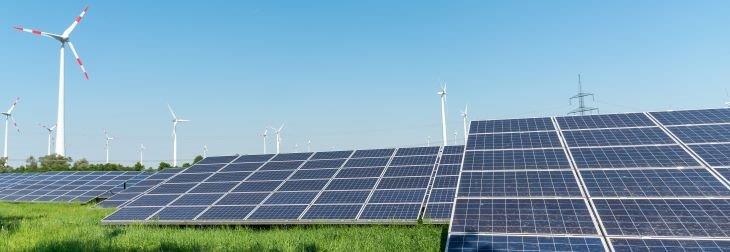The Brazilian National Council for Energy Policy (CNPE) established a list of renewable energy priorities designed to instruct the Brazilian Electricity Regulatory Agency (ANEEL)’s and the Brazilian National Agency of Petroleum, Natural Gas and Biofuels (ANP)’s decision-making process on Research, Development and Innovation (RDI) investments.

The Federal Government, through Resolution n. 2/2021 from the National Council for Energy Policy (CNPE), instructed the Brazilian Electricity Regulatory Agency (ANEEL) and the Brazilian National Agency of Petroleum, Natural Gas and Biofuels (ANP) to prioritize seven listed topics related to renewable energy generation in their Research, Development and Innovation (RDI) initiatives, in accordance with Law n. 9.991/2000 (energy sector RDI investment requirements) and Law n. 9.478/1997 (National Energy Policy).
The listed topics are:
- Hydrogen;
- Nuclear Energy;
- Biofuels;
- Energy Storage;
- Sustainable Thermal Generation Technologies;
- Digital Transformation;
- Strategic Minerals for the Energy Sector.
In accordance with the 2050 National Energy Plan (PNE 2050, in the Portuguese acronym), the priority themes reflect the expected energy transition process, centered in promoting sustainable development and technological innovation, mitigating climate change, and fostering industry transformation. The prioritization is also in line with the New Gas Market Program.
The resolution also instructed the Ministry of Mines and Energy (MME) to evaluate and conduct the funding of new research activities on the energy sector, including research on potential sites for the installation of thermonuclear power plants, in accordance with Law n. 9.991/2000.
